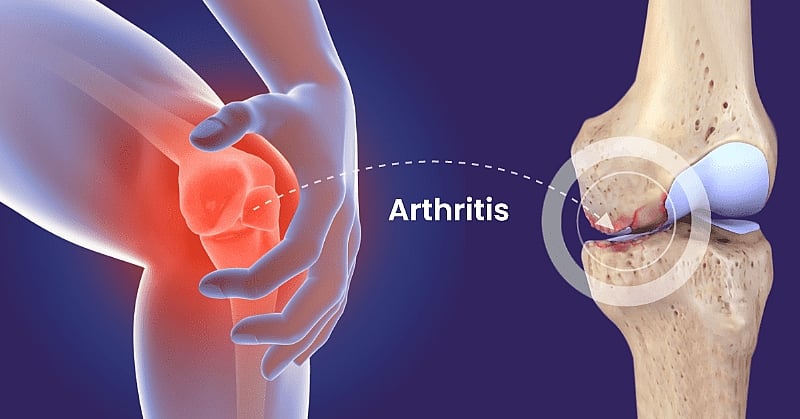Arthritis, often perceived as an inevitable consequence of aging, is a debilitating condition characterized by joint inflammation that significantly impairs mobility and quality of life. It encompasses various forms, including osteoarthritis, resulting from cartilage wear and tear, and rheumatoid arthritis, an autoimmune disease. Recognizing the early symptoms—persistent pain, stiffness, swelling, and reduced flexibility—is crucial for timely intervention and management. In India, where cultural practices and daily routines often involve repetitive movements and prolonged postures, the prevalence of arthritis is a growing concern across all age groups. Understanding the causes and risk factors specific to the Indian context is essential for effective prevention and treatment strategies.
Several factors contribute to the development of arthritis, many of which are interwoven with the Indian lifestyle. Osteoarthritis, the most common form, is often accelerated by aging, injuries, and environmental factors like cold and damp weather prevalent during monsoons. Rheumatoid arthritis is influenced by genetic predisposition and environmental triggers such as infections. Dietary habits play a crucial role in gout, a form of arthritis caused by uric acid crystal deposits in joints. Modern lifestyle factors like obesity, sedentary jobs, poor posture, and unhealthy diets, increasingly common in India, significantly increase the risk of developing arthritis. Traditional occupations involving prolonged kneeling and sports-related twisting movements further exacerbate this risk.
Preventing arthritis requires proactive lifestyle modifications tailored to the Indian context. Maintaining a healthy weight through balanced nutrition, incorporating anti-inflammatory foods commonly found in Indian cuisine like ginger, turmeric, and garlic, and engaging in regular low-impact exercises such as yoga and brisk walking can significantly reduce the strain on joints and improve flexibility. Avoiding repetitive motions, staying hydrated, and abstaining from smoking and excessive alcohol consumption are also vital preventative measures. Early screening for comorbidities like diabetes, which frequently co-occurs with arthritis in India, allows for timely management and mitigation of associated risks.
Specific lifestyle habits can significantly contribute to joint health and arthritis prevention. Engaging in low-impact exercises like swimming, cycling, and targeted strength training, while avoiding high-impact activities that strain the joints, helps maintain strength and flexibility. Weight management is crucial as excess weight puts undue stress on weight-bearing joints like knees and hips, accelerating wear and tear and exacerbating pain. Adopting an anti-inflammatory diet rich in leafy greens, berries, nuts, seeds, and omega-3 fatty acids, along with traditional Indian spices like turmeric and ginger, can effectively reduce inflammation and support joint health. A balanced vegetarian diet focused on whole foods can also be highly beneficial in managing arthritis symptoms.
Addressing arthritis in the Indian context requires a multifaceted approach that combines lifestyle modifications, dietary adjustments, and early intervention. Promoting awareness of the risk factors and symptoms, along with encouraging proactive health-seeking behavior, is crucial. Integrating traditional Indian practices like yoga and Ayurveda with modern medical approaches can offer comprehensive and culturally relevant solutions for arthritis management. Public health initiatives focusing on promoting healthy lifestyles, including regular exercise and balanced nutrition, are essential for preventing arthritis and improving the quality of life for individuals across all age groups.
Arthritis, though prevalent, is not an inevitable fate. Proactive lifestyle choices, incorporating mindful movement, maintaining a healthy weight, adopting an anti-inflammatory diet, and seeking early intervention can significantly reduce the risk and impact of arthritis. By prioritizing joint health through consistent and informed choices, individuals can maintain mobility and live a life free from the debilitating effects of this condition. The key is to empower individuals to take control of their joint health before arthritis takes control of their lives.














